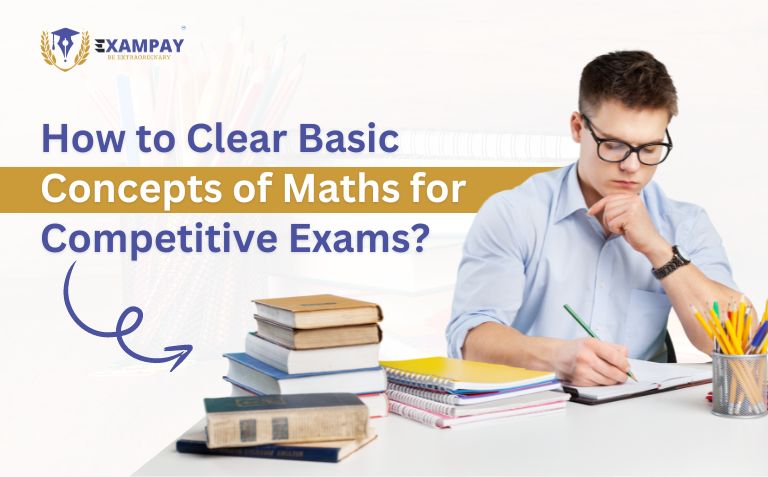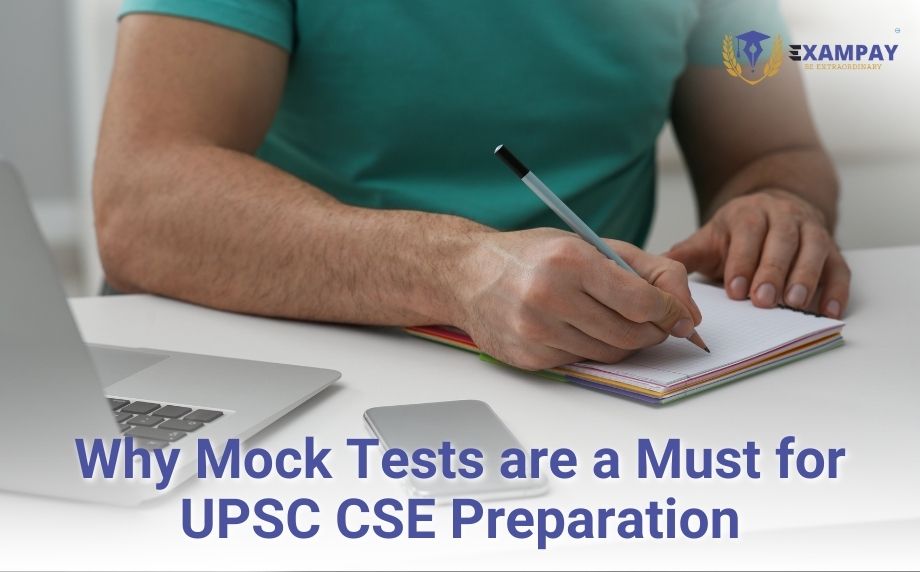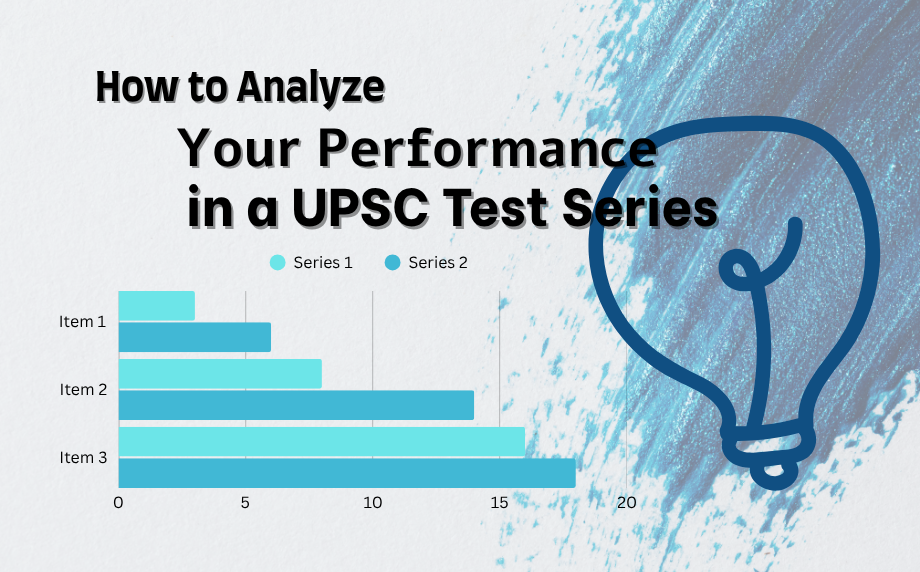Math is one of the most stressful subjects when it comes to competitive exam preparation. However, with some strategy and the right resources, even a basic understanding of math can be mastered. This all-inclusive complete guide is aimed at providing you with a strong base in mathematics that will make you a force to reckon with in competitive exams. We have prepared a complete guide from grasping the syllabus to grasping the basics of each operation as well, and it is up to your proficiency in problem-solving. So join us on this quest for mathematical mastery exam success and study tips!
Understanding the Syllabus and Exam Pattern
Mastering Fundamental Mathematical Operations.
Building a Strong Foundation in Algebra
Grasping Essential Geometry Principles
Developing Proficiency in Trigonometry Basics
Strengthening Number Theory Concepts
Enhancing Problem-Solving Techniques
Utilizing Quality Study Materials and Resources
Practicing with Sample Papers and Mock Tests
Regular practice is the mother of success in entrance exams. The more you practice with sample papers, the more you will get used to the format of the exam and time allocated. Start giving complete length mocks in exam-like conditions, this will help you build your stamina and time management. In the end, go through each of your answers after every practice and see where you went wrong which shall help you from repeating the mistake in the actual exam. The more you will learn, and practice sample papers and mock tests, the better you will perform.
Conclusion
So getting your basic math concepts clear for competitive exams like SSC or any other is a systematic one, and needs dedication & strategy. As long as you follow the syllabus and exam pattern, ace easy topics, cover some fundamental operations in algebra, geometry, trigonometry, have a rock-solid foundation in algebra, geometry, trigonometry, brush through number theory concepts, broaden problem-solving skills, pick quality materials for studying and solving questions by yourself at home or under some guidance with sample papers and mock tests using Exampay practice continuously over two to three months – you would notice that your math is improving! Consistency in effort and mindset is key! Good luck with your exams!
FAQ’S
It is important to learn basic mathematics for your exams so you should practice daily, revise the concepts thoroughly, use good study material and sample paper to solve. Understanding is the key to being consistent
It is important for you to solve sample papers as they help you understand the exam structure, time-boundations and the nature of questions. It increases your accountability, and time management.







